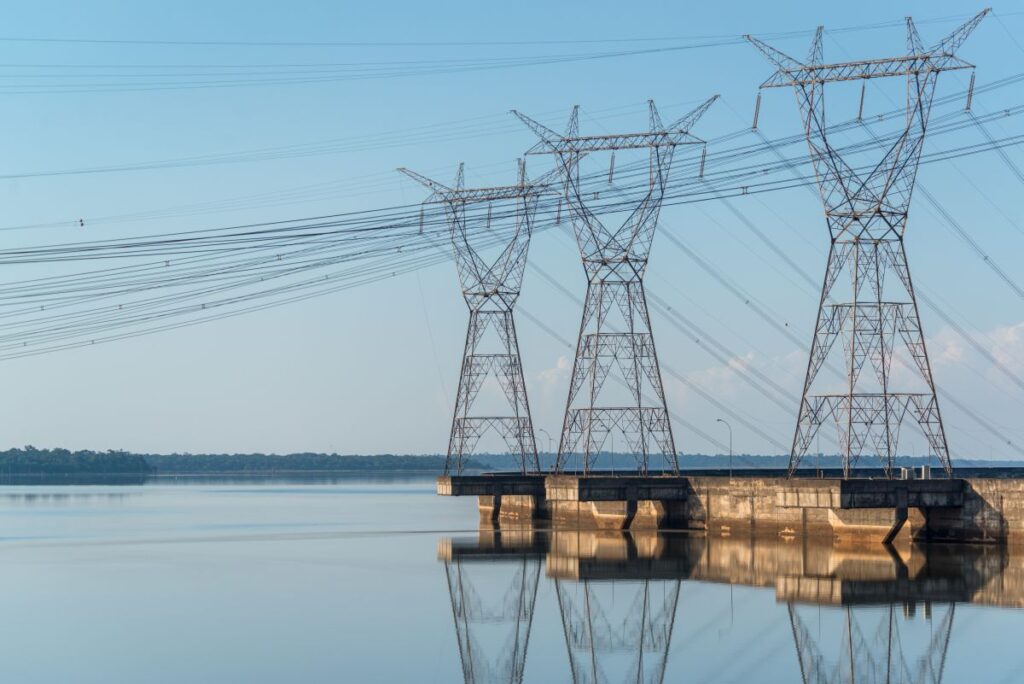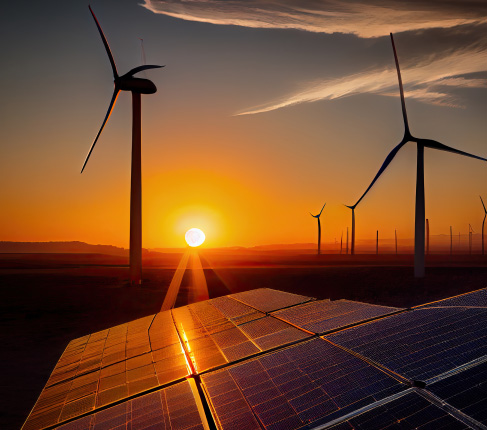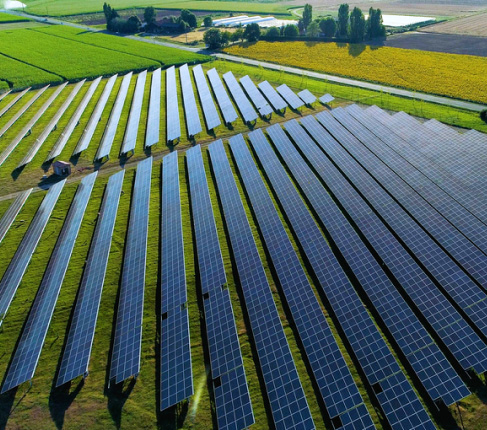The electric revolution is transforming global energy markets, driven by advancements in renewable energy technologies and growing environmental concerns. This shift towards electrically powered transportation, heating, and industry solutions alters demand dynamics for traditional energy sources, notably fossil fuels. As countries and corporations aim to reduce carbon emissions, adopting electric vehicles (EVs), heat pumps, and renewable energy systems is accelerating. This transition promises a cleaner and more sustainable future, posing challenges and opportunities for existing energy market structures and stakeholders. This blog will briefly discuss how the electric revolution aids in transforming the energy market.
Related article: Exploring Energy Trends in US Energy Efficiency Measures for 2024
The Rise of Electric Vehicles
The automotive sector is witnessing a significant shift with the rapid adoption of vehicle electrification. This trend is reducing dependence on petroleum, historically the backbone of the global energy market. In the US, battery electric vehicles and sales of plug-in hybrids surged significantly, increasing by 11.4% in February 2024 compared to February 2023. This growth indicates a continuing trend toward electrification in the automotive sector. The shift is supported by government policies, technological advancements, and decreased battery costs, making EVs more accessible. The trend of EVs is expected to displace a considerable volume of oil demand, prompting oil producers and marketers to adapt their strategies.
Renewable Energy’s Growing Dominance
The International Energy Agency (IEA) reports that renewable capacity is accelerating, including onshore wind, hydropower, and distributed solar PV, are expected to increase in 2024. Renewable energy sources, such as wind and solar power, are becoming increasingly cost-competitive with traditional fossil fuels. This cost efficiency, combined with policy support and technological improvements, is accelerating the deployment of renewables. Such a surge in renewable energy adoption reduces the demand for coal and natural gas in power generation, challenging the traditional energy sector to innovate and diversify.
Impact on Utilities and Grid Management
The shift towards electrification and renewable energy is transforming the utility sector. Utilities are transitioning from energy suppliers to service providers, managing decentralized energy resources and integrating them into the grid. This evolution requires significant investments in grid modernization and the adoption of smart grid technology to ensure reliability and efficiency. The increasing addition of renewable energy sources and the dynamic demand from EV charging pose new challenges in grid management, necessitating advanced energy storage solutions and demand response.

Electrification’s Role in Decarbonization
A study, “Decarbonization Pathways,” suggests that at least 60% of the economy should be electrified to achieve a 95% reduction in greenhouse gas emissions by 2050. Electrification is vital in the global effort to decarbonize economies and combat climate change. A significant reduction in greenhouse gas emissions can be achieved by replacing fossil fuel-based systems with electric alternatives powered by renewables. For instance, a technique that electrifies transportation and heating reduces emissions from these sectors and enhances overall energy efficiency.
Conclusion
The transition towards electrification and renewable energy is revolutionizing traditional energy markets, presenting challenges and opportunities. The energy value chain stakeholders must adapt to changing market dynamics, invest in new technologies, and embrace innovative business models. Policymakers are crucial in facilitating this transition through supportive regulations and incentives. As the world moves towards a more sustainable and electrified energy system, the ability to navigate this transition effectively will determine the future landscape of global energy markets.
Disclaimer: Any opinions expressed in this blog do not necessarily reflect the opinions of Certrec. This content is meant for informational purposes only.

















